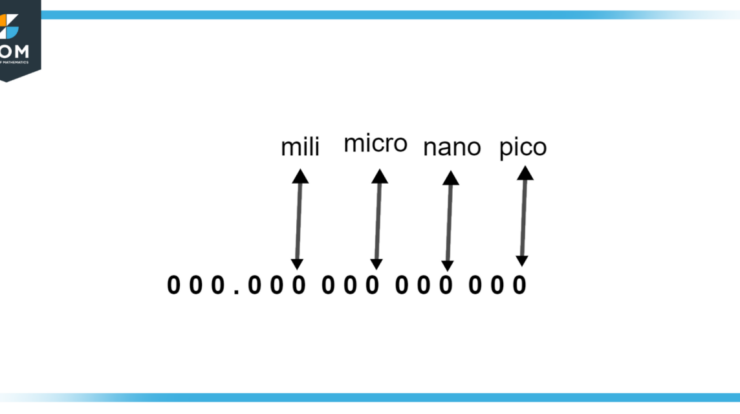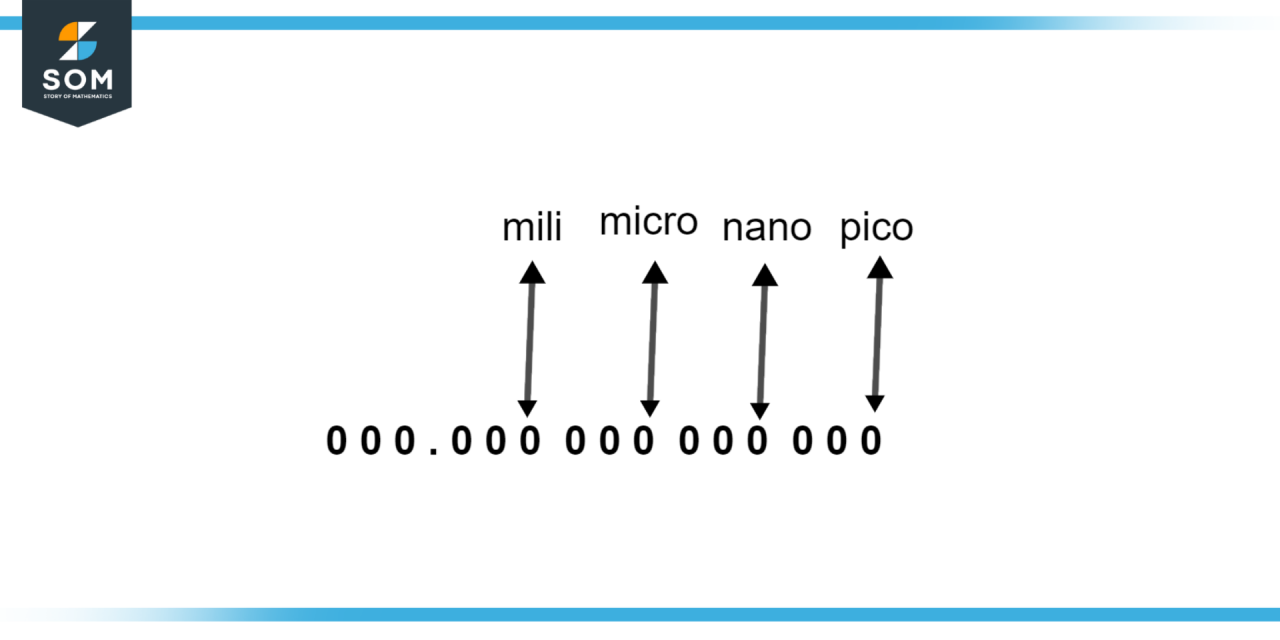
Micro definition, the concept of extremely small scale, has revolutionized countless fields, from technology to medicine. Delving into its etymology, applications, and implications, this article explores the profound impact of micro-scale advancements on society.
From microchips to microfluidics, the applications of micro definition are vast and transformative. Understanding its origins and usage empowers us to appreciate the ingenuity and potential of miniaturization.
Definition of Micro

Micro is a prefix derived from the Greek word “mikros,” meaning “small.” It is used to denote something that is very small in size or quantity.
The term “micro” is often used in scientific and technical fields to describe objects or phenomena that are on a very small scale. For example, microorganisms are organisms that are too small to be seen with the naked eye, and microelectronics refers to electronic devices that are miniaturized to a very small size.
Etymology and Origin
The prefix “micro” comes from the Greek word “mikros,” which means “small.” It was first used in scientific and technical terms in the 19th century.
Prefixes and Suffixes
The prefix “micro” can be combined with other prefixes and suffixes to create new terms that denote even smaller sizes. For example, the prefix “nano” (derived from the Greek word “nanos,” meaning “dwarf”) is used to denote something that is even smaller than “micro.”
The suffix “-meter” is used to denote a unit of measurement, so the term “micrometer” refers to a unit of length that is one millionth of a meter.
Applications of Micro: Micro Definition
The concept of “micro” has been applied in various fields and industries, including:
Science and Technology
- Microelectronics: The miniaturization of electronic devices has led to the development of powerful and portable computers, smartphones, and other electronic devices.
- Microfabrication: The ability to create structures on a very small scale has enabled the development of micromachines, microfluidic devices, and other miniaturized technologies.
Medicine and Healthcare
- Microfluidics: The manipulation of fluids on a micro scale has enabled the development of lab-on-a-chip devices that can perform complex medical tests quickly and efficiently.
- Microscopy: The use of microscopes to visualize objects on a very small scale has allowed scientists and doctors to study cells, tissues, and other biological structures in detail.
Other Applications
- Microeconomics: The study of economic behavior at a small scale, such as individual consumers and firms.
- Microfinance: The provision of financial services to low-income individuals and small businesses.
Impact of Micro
Micro-scale technologies have had a significant impact on society, both positive and negative:
Positive Impacts
- Advancements in science and technology: Micro-scale technologies have enabled the development of new materials, devices, and treatments that have improved our understanding of the world and our ability to solve problems.
- Increased efficiency and productivity: Micro-scale technologies have led to the development of more efficient and productive manufacturing processes, as well as new products and services.
- Improved healthcare: Micro-scale technologies have enabled the development of new medical devices and treatments that have improved patient outcomes and reduced healthcare costs.
Negative Impacts
- Environmental concerns: The production and disposal of micro-scale technologies can have negative environmental impacts.
- Job displacement: The automation of tasks through micro-scale technologies can lead to job displacement for some workers.
- Ethical and social concerns: The development and use of micro-scale technologies raise ethical and social concerns, such as privacy, surveillance, and the potential for misuse.
Future of Micro
The future of micro-scale technologies is promising, with continued advancements expected in various fields:
Miniaturization and Integration
Micro-scale technologies will continue to be miniaturized and integrated into new devices and products, leading to even more powerful and portable devices.
New Materials and Technologies
The development of new materials and technologies will enable the creation of micro-scale devices with improved performance and functionality.
Applications in Emerging Fields, Micro definition
Micro-scale technologies will find applications in emerging fields such as artificial intelligence, robotics, and the Internet of Things.
Challenges and Opportunities
The continued miniaturization of technology presents challenges such as heat dissipation and power consumption, but also creates opportunities for new innovations and applications.
Final Summary
As technology continues to shrink, micro definition will undoubtedly play an increasingly pivotal role. By embracing its transformative power, we can unlock unprecedented possibilities and shape a future where the smallest of scales holds the greatest potential.
Clarifying Questions
What is the etymology of “micro”?
Derived from the Greek word “mikros,” meaning “small,” “micro” denotes a unit of measurement equal to one millionth.
How is “micro” used in different contexts?
Micro can be combined with prefixes and suffixes to create terms such as “micrometer,” “microsecond,” and “microcosm,” indicating smallness in various units and concepts.
What are some ethical implications of micro-scale advancements?
Miniaturization raises concerns about privacy, surveillance, and the potential misuse of micro-scale devices for malicious purposes.




